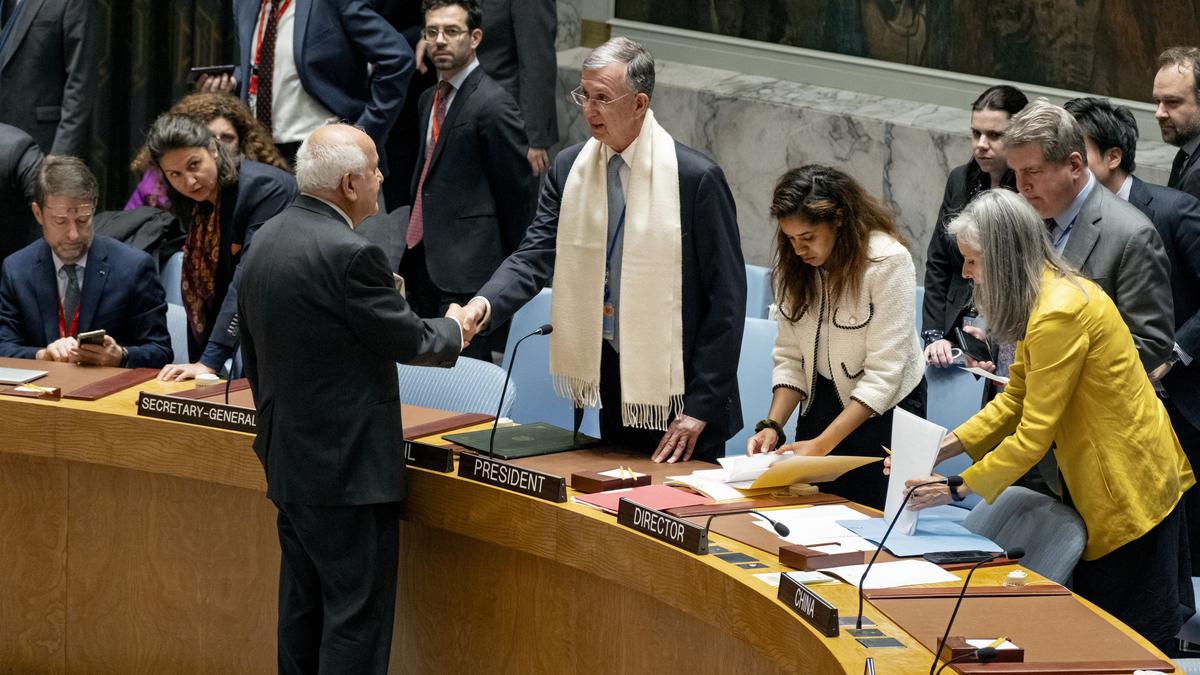The U.N. Security Council met on Monday to vote on rival Russian and Brazilian resolutions that reflect deep divisions over the decades-old Israeli-Palestinian conflict and the latest Hamas attacks and Israeli retaliation.
The meeting was disrupted when Lana Nusseibeh, the United Arab Emirates ambassador, requested closed consultations, leading the 15 council ambassadors to leave the room. A delay in the vote, especially on the Brazil resolution, was reportedly sought.
The Russian draft resolution, scheduled to be voted on first, calls for an immediate, durable, and fully respected humanitarian ceasefire and condemns violence and hostilities against civilians and acts of terrorism without mentioning Hamas.
The Brazilian draft resolution also calls for humanitarian pauses, firmly condemns violence and hostilities against civilians and acts of terrorism, and unequivocally rejects and condemns the terrorist attacks by Hamas.
Council diplomats, speaking anonymously, stated that the Russian draft resolution was unlikely to receive support from at least nine of the 15 council members, the minimum required.
Riyad Mansour, the Palestinian U.N. Ambassador, expressed the Arab group’s support for the Russian draft.
Zhang Jun, the Chinese Ambassador, stated that both resolutions have positive elements and that they are ready to support the Security Council’s decisive actions.
Russia proposed two amendments to the Brazilian draft resolution, expecting a defeat of its resolution. The first amendment would add a call for a humanitarian ceasefire, while the second amendment condemns indiscriminate attacks against civilians and civilian objects in the Gaza Strip.
This marks the second time in five days that the Security Council has met behind closed doors to address the ongoing Israel-Hamas conflict, but a united approach has yet to be reached.











